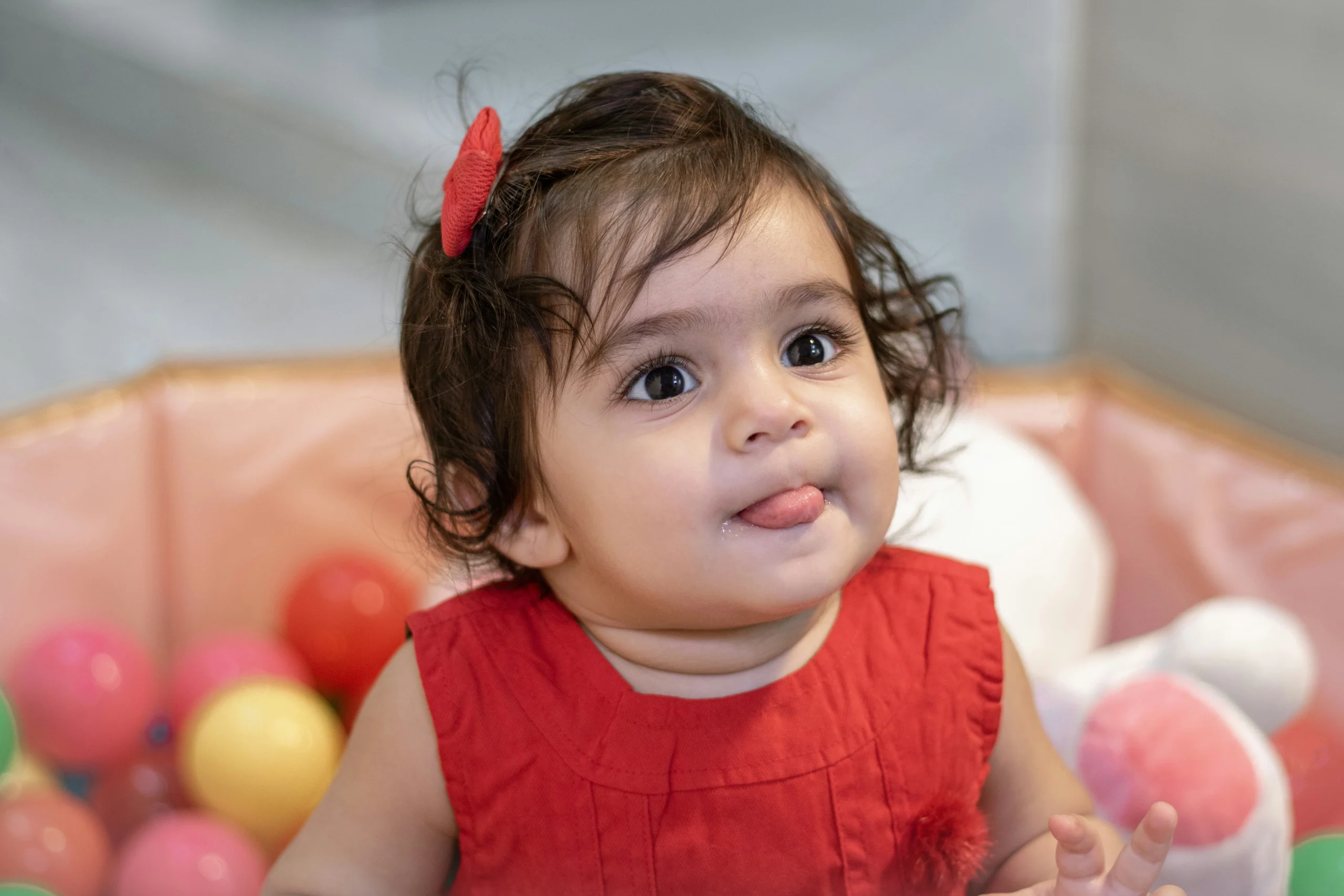The moment no parent wants to experience often comes with the words, “Can I speak with you for a moment… in private?” This situation is particularly daunting for any caregiver, especially when it involves a child’s behavior that deviates from societal norms. As I stood outside the preschool classroom, my child engaged in play, I was confronted with the reality of my daughter’s biting incident. The cheerful sounds of other children and parents felt distant as I braced myself for the conversation.
The teacher’s sympathetic expression quickly made it clear that my daughter was the one responsible for the biting. In that moment, I felt a rush of emotions — embarrassment, shock, and, ultimately, shame. I found myself grappling with the question: How did I become the parent of a biter? What have I done wrong?
It’s common for parents to internalize their children’s behavior as a reflection of their parenting abilities. A child’s misbehavior, be it a forgotten “thank you” or an outright bite, can lead to self-doubt and feelings of inadequacy. My daughter, usually affectionate and polite, was now labeled as “The Biter,” and I was left to wear the shame of that title.
Biting is often perceived as one of the most significant parenting failures. As parents, we strive for our children to behave like civilized beings, yet toddlers frequently express their frustrations through physical means. The American Psychological Association recognizes that biting is a normal part of development for children under three. While this information is helpful, it does little to alleviate the discomfort felt by parents in such situations.
Understanding that biting stems from a lack of emotional regulation in toddlers is crucial. During the preschool years, children face the challenge of mastering language, social interactions, and other developmental milestones, which can overwhelm them. In moments of frustration, they may resort to biting as a means of expression.
After the teacher explained the circumstances surrounding the incident — my daughter being pushed and stumbling, leading to her reaction — I felt a mix of relief and continued shame. While there was an explanation for her actions, it did not excuse them or erase my feelings of inadequacy.
As I returned to the classroom to comfort my daughter, who was happily building a tower of blocks, I reminded myself that she is still learning and growing. It is my role to guide her with kindness, helping her navigate her emotions and make better choices in the future. I also realized the importance of reaching out to the other child’s parent, as mutual understanding can foster a sense of community among parents facing similar challenges.
For more comprehensive information on pregnancy and parenting, resources like the National Institute of Child Health and Human Development provide valuable insights. Additionally, if you’re exploring options for at-home insemination, you can check out this guide on at-home insemination kits.
In summary, while the experience of having a child who bites can be incredibly challenging and laden with feelings of guilt and shame, it is essential to remember that such behaviors are part of a child’s developmental journey. Understanding the underlying emotions and providing the right support can help both the child and the parent navigate these difficult moments.
